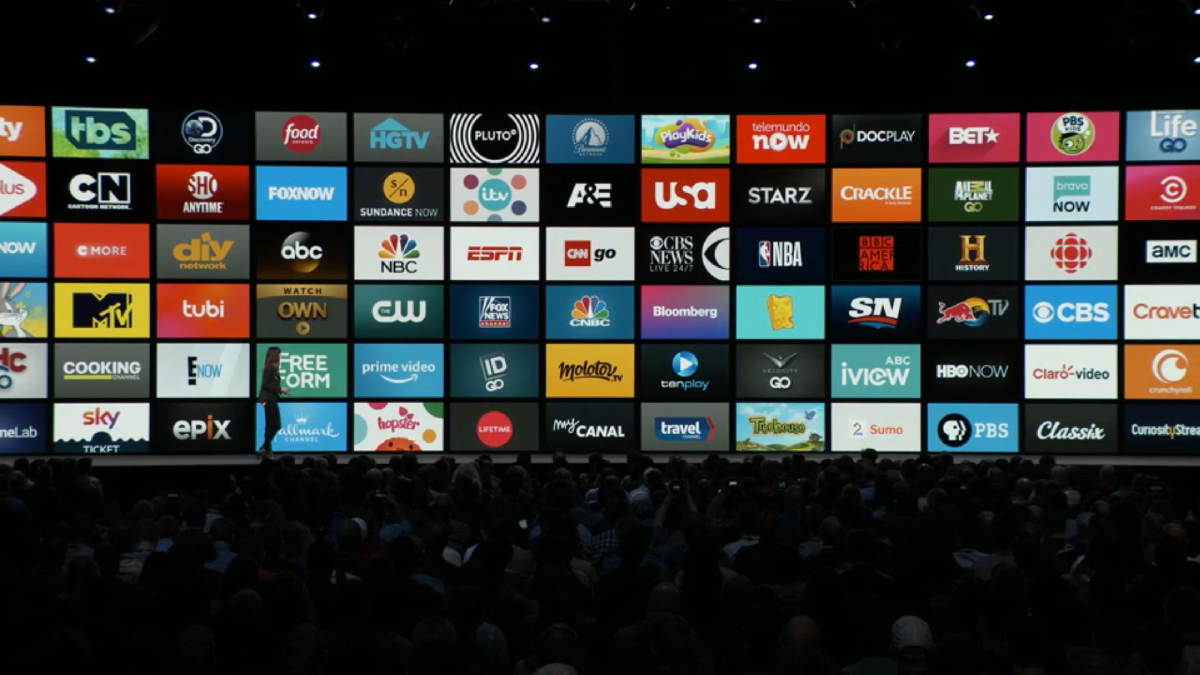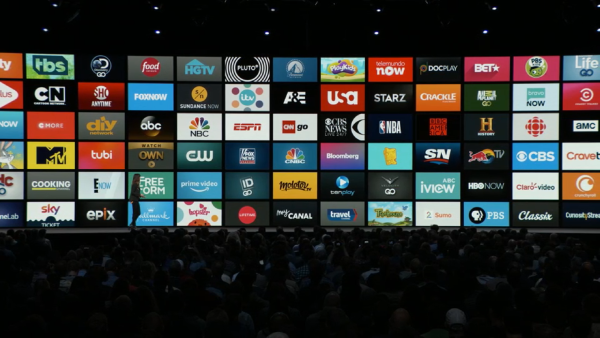How Society Glamorizes Impulsive Decisions
Impulsive decisions, the act of making a choice without much thought or consideration, is a more widespread issue throughout the U.S. than most would be led to believe. It’s promoted on social media, T.V., and within the general culture, especially regarding Gen Z. A considerable number of therapists think that impulsivity is more of a trait than an underlying societal issue, or that it’s some sort of pathological disorder. However, one could make the argument that it’s a learned behavior, not something artificially or biologically inherited. This is an idea relatively rare, but sufficiently grounded in sources, research, evidence, studies, and reasoning, and at the very least something to consider.

To understand impulsivity, just check social media platforms and search for it. Impulsivity is trendy on various platforms. What does this mean? Impulsive behavior is to not have any self-control. Platforms have been promoting the idea for a while now that self control is actually a negative thing. Of course, it’s easier to promote because all they have to do is frame the argument as a “challenging the mainstream,” “counter-culture” idea, and people will be compelled to believe in it, simply because it’s fresh and unique.
However, it doesn’t stop with just social media, news platforms are getting in on the trend. . Across news platforms, several popular publications are discouraging self control and discipline. The argument from a lot of these sources is that willpower isn’t the key to resisting temptations, or self-control. But the fact remains that ultimately, when resisting any desires you have, the only thing keeping you from not giving in is your own ability to restrain those impulses, which is the very basis of will power. And while that may appear to be low-hanging fruit, it is something that needs to be said.

To provide more context, take a look at the numbers when it comes to impulsive behavior. According to marketingcharts.com, 40% of people buy clothing out of impulse, 36% buy food for the same reason, 26% for personal care items, 22% tech, and 20% household products.
To elaborate, the same study also claims that 23% of Generation Z (students like you and me) purchases items out of impulse. There are 68.6 million Gen Z citizens in the United States. That means nearly 3 million Zoomers have been affected by this. Not to mention, they have worse attention spans compared to the generation before them. Ironically, however, they are hooked into ads despite them only maintaining full attention for about eight seconds. Perhaps this is because of their impulsivity. But what can be made certain is that there is a clear gap between Gen Z’s self-discipline and impulsivity and Gen X, or Millennials, or even Baby Boomers.

Here is what some of the students at Chapel had to say about impulsive decision-making:
“I think that they’re dumb for making some of these impulsive choices like becoming addicted to nic[otine] without really thinking about the consequences.” –Ediel Santini
“I don’t know. People be bugging. Nic[otine] addiction and stuff is tough but I don’t think they should be punished that bad. But maybe, like, don’t do it in school or something, you know?” -Zachary Taliber
“What?” -Austin Knapp
“I mean, in a way, yeah, society encourages it, but it depends.” -Hunter Smolen
“Well, things like nicotine, I don’t think it’s good for you. Society encourages it as enjoyable or fun, and the ads on TikTok make you actually want to buy the stuff these online stores sell because your favorite creators have it. Binge shopping, I love it, but it can be a problem down the road when you start to have financial problems.” -Cecilia Michel
It is clear that it’s become an issue, something it didn’t used to be. Impulsive decisions have become the new normal. Just doing what you want, regardless of it’s impact on the person and the people that surround them is wrong. Don’t think, just do is the new philosophy, but is it a good idea to just not think?
Impulsiveness is something that has been discouraged since the beginning of recorded history, especially by religions and philosophical figures. For example, Christianity teaches to endure self control as best we can. The Torah (Jewish Bible, Old Testament.) and the Quran (Muslim text) also encourage this. Aristotle, a Greek philosopher, once said: “I count him braver he who overcomes his desires than he who conquers his enemies, for the hardest victory is over self.” But it seems that society is running away from this idea. Perhaps technology is to blame. Or religion becoming increasingly unpopular. Maybe it’s both. But something is changing. With this change society needs to come together to really do something about the increasing issue of impulsiveness in cities, towns, neighborhoods, the internet, and just the general culture.
Your donation will support the student journalists of Wesley Chapel High School. Your contribution will allow us to purchase equipment and cover our annual website hosting costs.



























